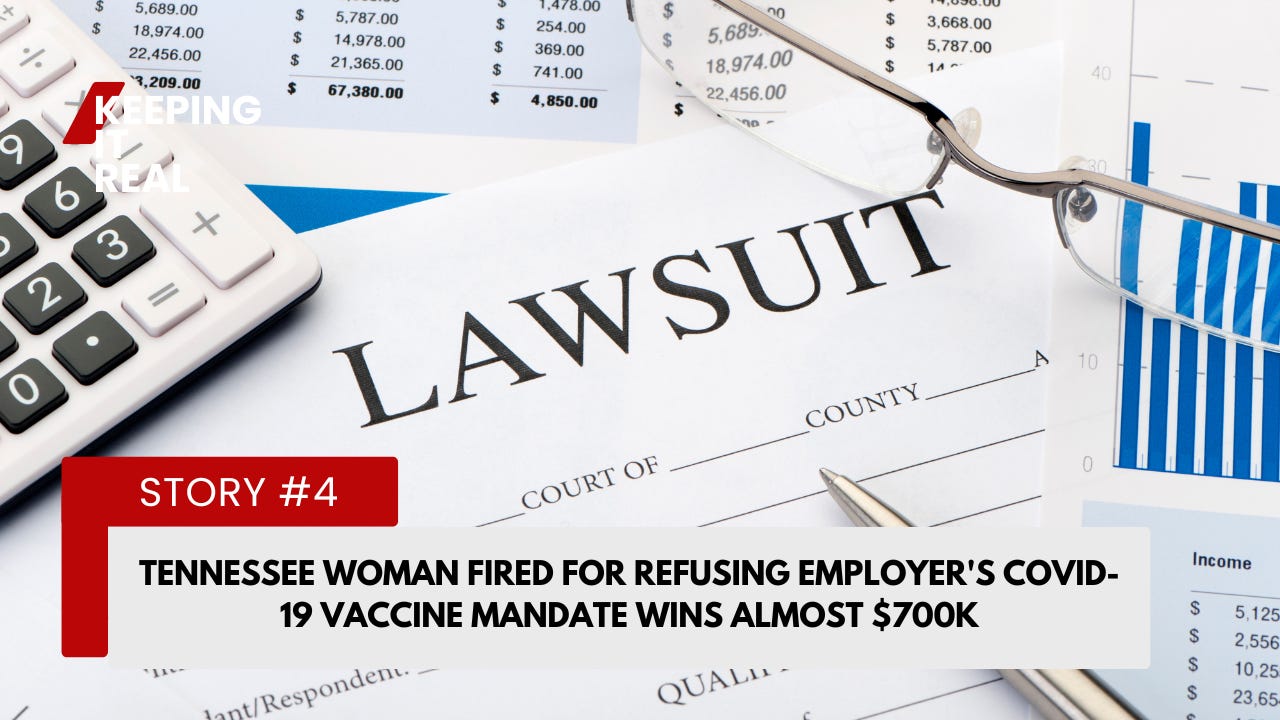I left my job in the mainstream media to go independent. Help me keep my mission going by becoming a paid subscriber for $5 a month. You can quit at any time.


SPRINGFIELD, IL - New data shows $9.9 billion flowed from Illinois to other states because people moved out in 2022. Most of those leaving earned $100,000 or more.
When Illinoisans move away, they take their money with them: $9.9 billion in 2022, according to new data from the Internal Revenue Service.
Tax returns for 2021 and 2022 show Illinois lost 86,693 individuals and $9.9 billion because of outmigration. Most of them were high-income Illinoisans. While Illinoisans of all income levels left the state, the heaviest losses were among those earning more than $100,000 annually. Those tax filers represented 56.4% of the state’s net migration losses. The loss of these taxpayers is even greater when it comes to their economic impact: filers making more than $100,000 annually took 88.4% – nearly $8.8 billion – of Illinois’ net income losses with them. Click here to read more.

WEST PALM BEACH, FLA - New data shows $9.9 billion flowed from Illinois to other states because people moved out in 2022. Most of those leaving earned $100,000 or more.
When Illinoisans move away, they take their money with them: $9.9 billion in 2022, according to new data from the Internal Revenue Service.
Tax returns for 2021 and 2022 show Illinois lost 86,693 individuals and $9.9 billion because of outmigration. Most of them were high-income Illinoisans. While Illinoisans of all income levels left the state, the heaviest losses were among those earning more than $100,000 annually. Those tax filers represented 56.4% of the state’s net migration losses. The loss of these taxpayers is even greater when it comes to their economic impact: filers making more than $100,000 annually took 88.4% – nearly $8.8 billion – of Illinois’ net income losses with them. Click here to read more.

WASHINGTON D.C. - President Joe Biden’s Department of Homeland Security (DHS) is reportedly flying illegal aliens, deported by former President Donald Trump’s administration, back into the United States.
Biden’s DHS is carrying out the little-known program, according to the Washington Free Beacon, where illegal aliens from Cameroon who were deported by the Trump administration are now being flown back into the United States despite having been found to have invalid asylum claims. But now some are arriving back in the United States under a program with little precedent, both current and former ICE officials say. All of the individuals deported under the previous administration were found not to have valid asylum claims in the United States. Click here to read more.

NASHVILLE, TN - CHATTANOOGA, Tenn. (WTVC) — A federal jury has determined a woman who was fired for refusing to get a COVID-19 vaccine mandated by her employer, BlueCross BlueShield of Tennessee (BCBST), is due a settlement worth almost $700,000.
The jury found that Tanja Benton "proved by a preponderance of the evidence" that her refusal to get the shot "was based on a sincerely-held religious belief." Benton worked for the company from 2005 through November of 2022, primarily as a bio statistical research scientist.
Her federal lawsuit said it was not a part of Benton's job to regularly come into contact with people, saying she had a portfolio of 10 to 12 clients each year, with whom she only interacted with infrequently, and sometimes not in person. It also pointed out that Benton never came into contact with any patients as part of her job. Click here to read more.

PARIS, FRANCE - The far-right National Rally leaped into a strong lead Sunday in France’s first round of legislative elections, polling agencies projected, bringing the party closer to being able to form a government in round two and dealing a major slap to centrist President Emmanuel Macron and his risky decision to call the surprise ballot.
When he dissolved the National Assembly on June 9, after a stinging defeat at the hands of the National Rally in French voting for the European Parliament, Macron gambled that the anti-immigration party with historical links to antisemitism wouldn’t repeat that success when France’s own fate was in the balance.
But it didn’t work out that way. With French polling agencies projecting that the National Rally and its allies got about one-third of the national vote on Sunday, Macron’s prime minister warned that France could end up with its first far-right government since World War II if voters don’t come together to thwart that scenario in round two next Sunday. Click here to read more.




















